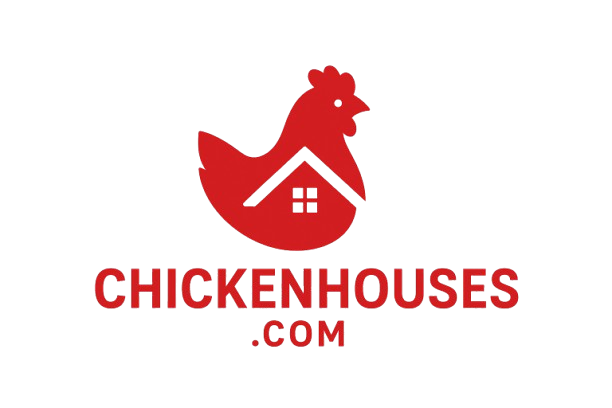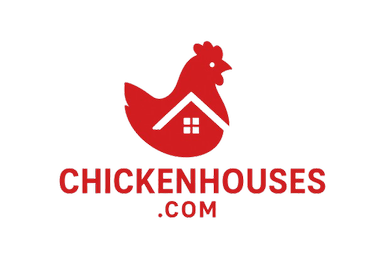The poultry industry is going through one of the most significant changes in its history. Farmers, regulators, and consumers are all moving away from traditional caged systems toward alternative poultry housing systems designs that offer more space, better air flow, and environments that allow birds to express natural behaviors.
Whether you raise broilers, layers, or breeders, understanding the benefits of these systems is key to improving your farm’s long-term productivity, compliance, and brand image.
1. Improved Bird Welfare
Bird health and welfare are the foundation of a productive poultry farm. Alternative housing systems allow:
- Freedom of movement Birds can walk, stretch their wings, and perch.
- Natural behavior Dust bathing, foraging, and roosting are encouraged.
- Lower stress Reduced aggression and injury, leading to better overall health.
A stress-free flock often eats better, grows faster, and maintains consistent egg production.
2. Higher Market Value
Consumer demand for cage-free and pasture-raised products is stronger than ever. Farms adopting alternative systems can:
- Access premium markets with higher price points.
- Build brand loyalty among ethically conscious buyers.
- Secure long-term supply contracts with retailers who prioritize welfare-certified products.
3. Stronger Bird Health & Productivity
Ventilation, space, and reduced crowding lower the risk of respiratory diseases and parasites. Benefits include:
- Lower mortality rates from disease outbreaks.
- Better feed conversion ratios as healthy birds make more efficient use of feed.
- Consistent production through reduced stress and illness.
4. Compliance with Future Welfare Standards
Many countries and states are phasing out conventional cages. Switching now means:
- Staying ahead of regulations instead of scrambling to meet deadlines.
- Easier certification for organic, humane, or welfare-approved labels.
5. Operational Efficiency and Worker Safety
Well-designed alternative housing isn’t just better for the birds — it’s easier for people to work in. Farmers benefit from:
- Streamlined cleaning and litter management.
- Easier bird handling during inspections and flock rotation.
- Safer environments with better lighting, ventilation, and layout.
6. Environmental and Sustainability Advantages
When combined with pasture or rotational systems, alternative housing can:
- Improve soil health through natural manure integration.
- Reduce erosion and chemical fertilizer dependency.
- Support biodiversity by creating more natural outdoor environments.
7. Positive Brand Image
Ethical farming practices directly influence how customers view your brand. Farms with transparent, welfare-focused housing systems often:
- Gain more media attention and community support.
Strengthen partnerships with restaurants and retailers that value humane sourcing.

